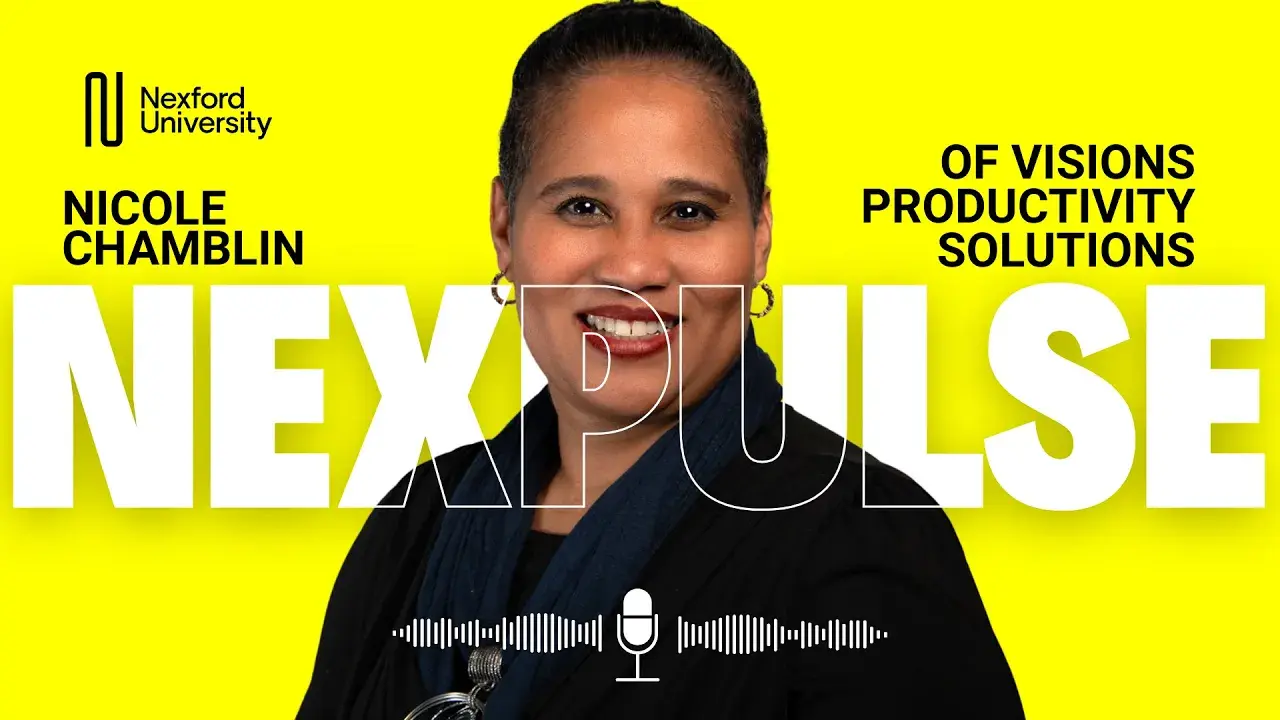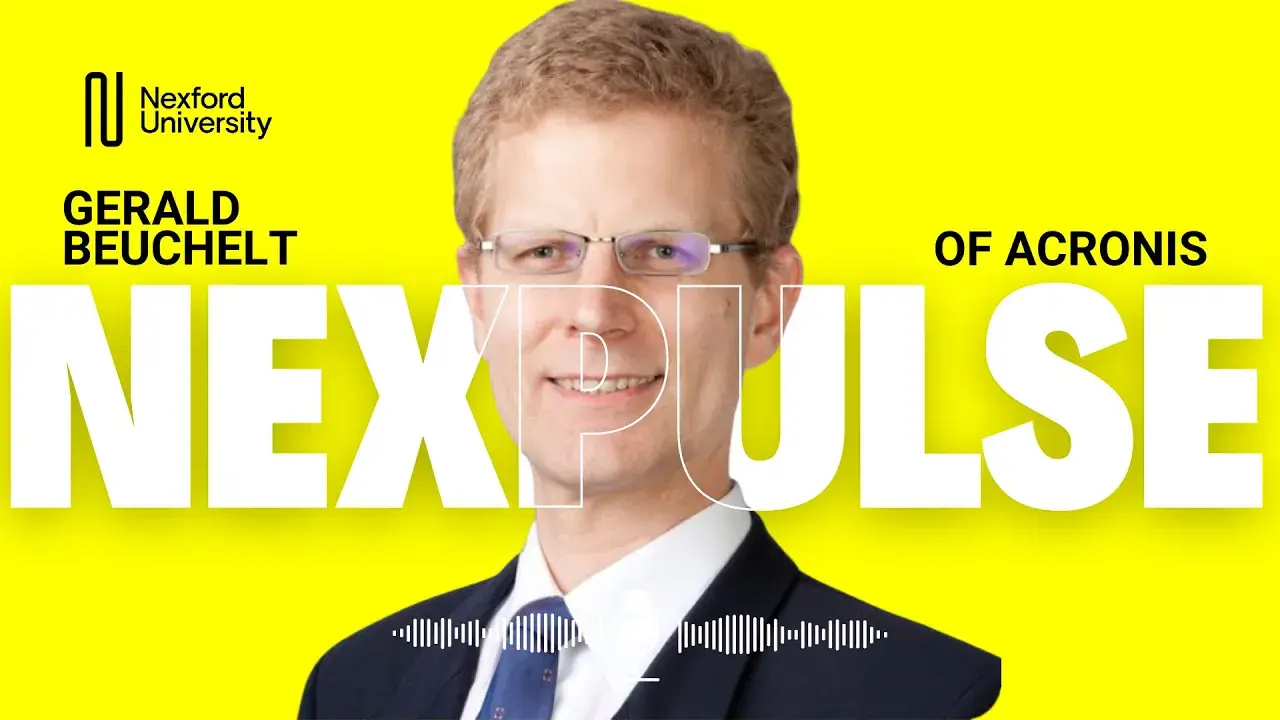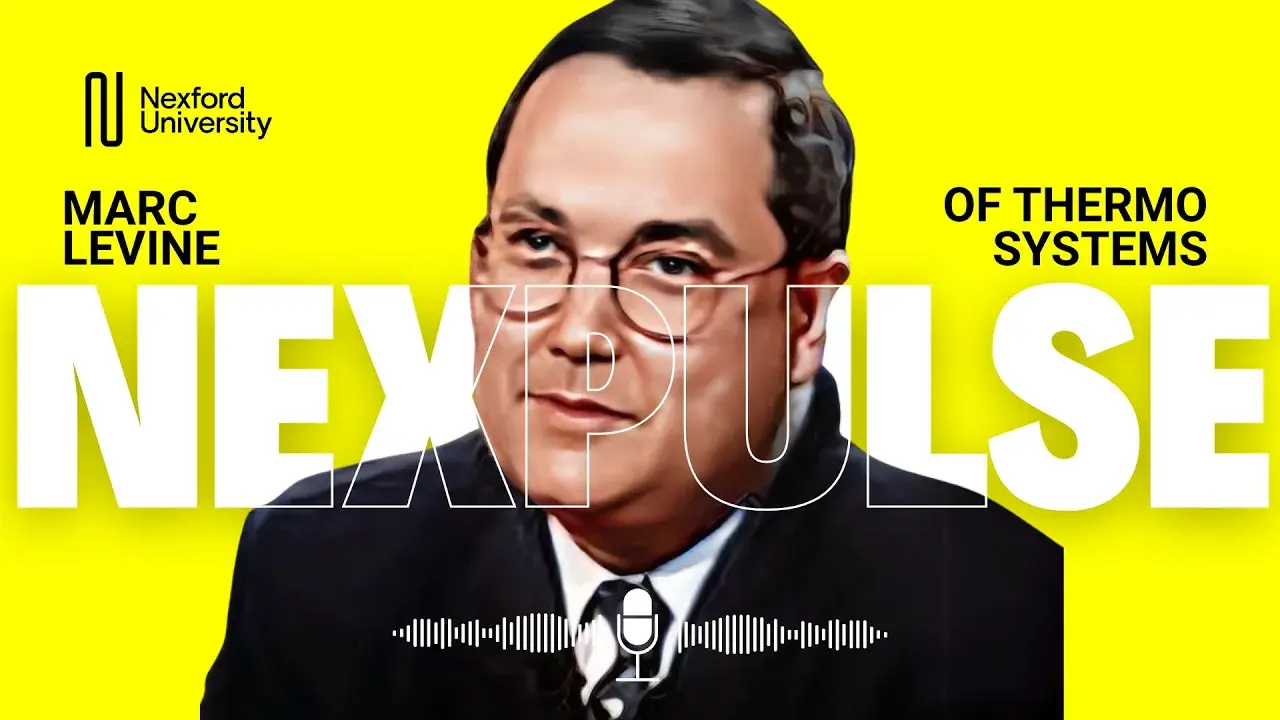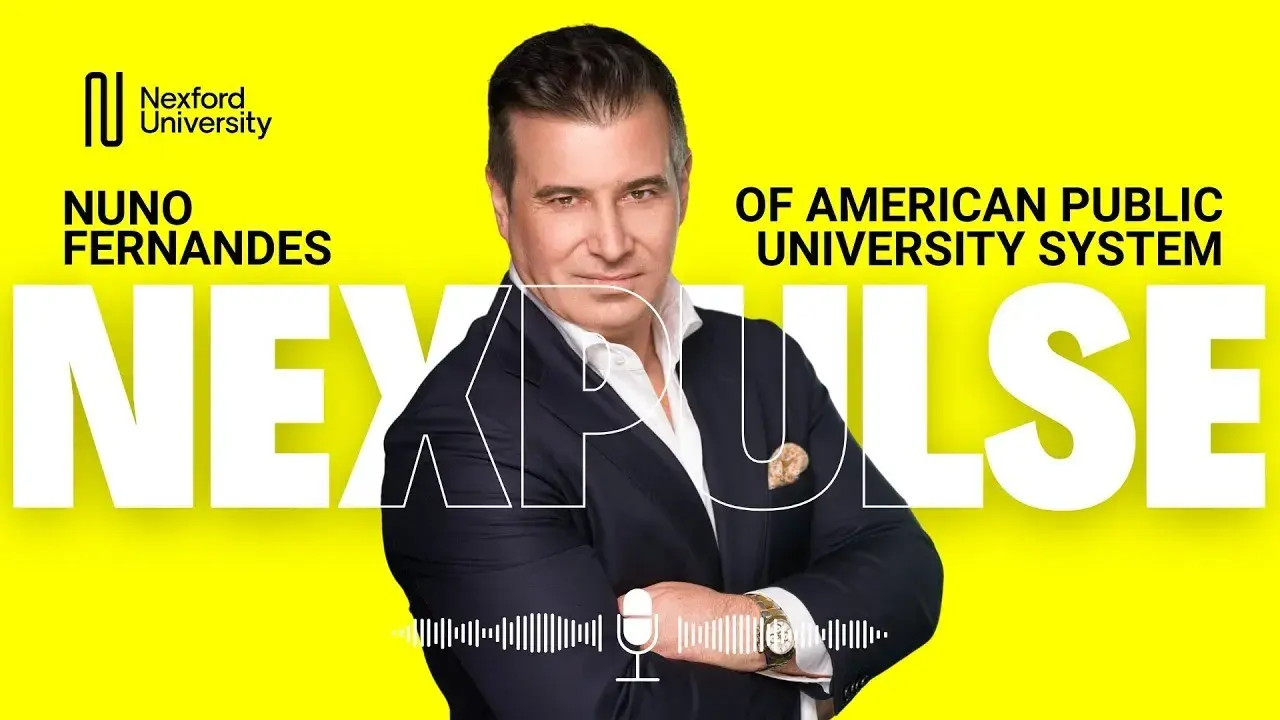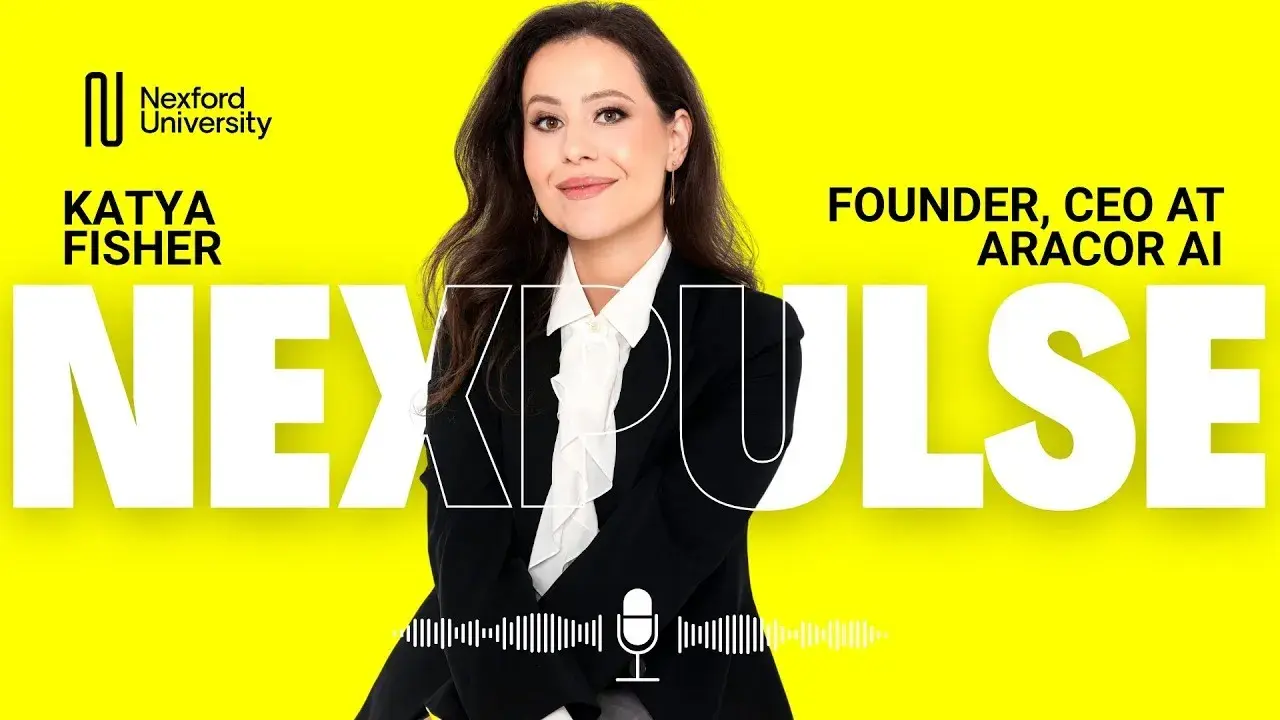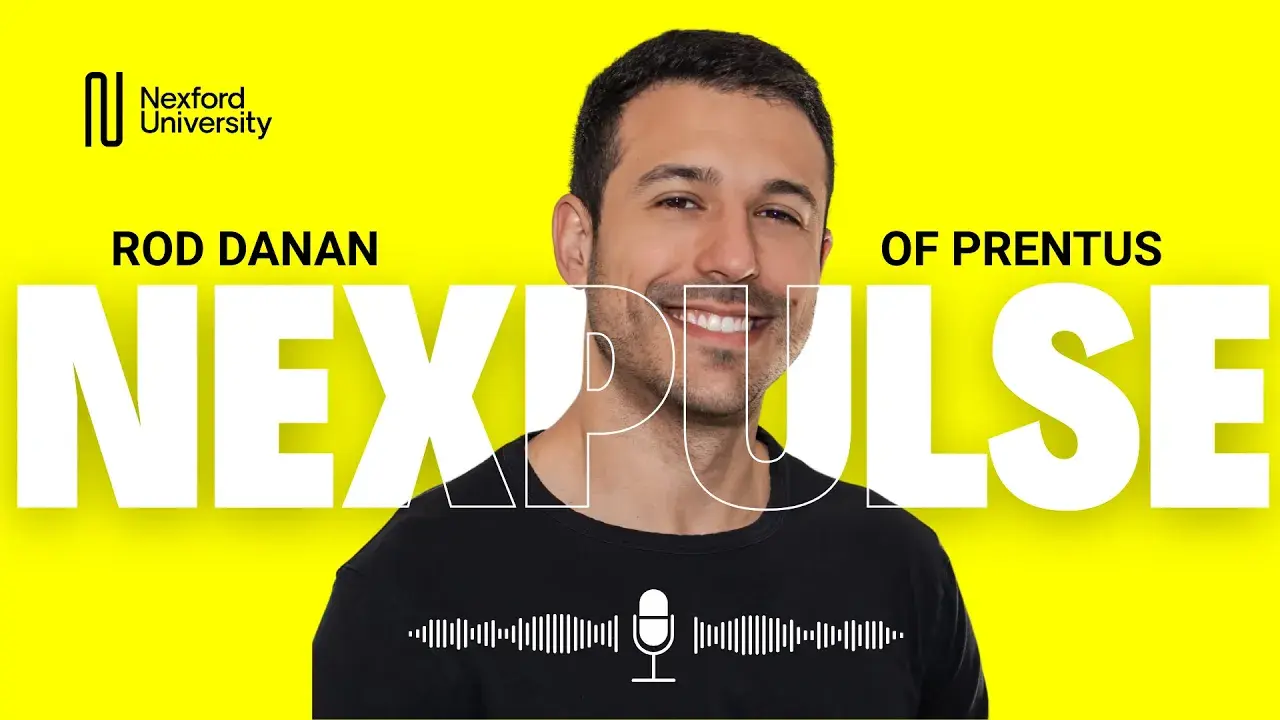Transcript
so my company is Visions PSLLC i also
it's been known by most folks as Visions
Productivity Solutions i'm a leadership
and team productivity coach i started
out my business after about a 10-year
career in marketing and advertising and
at that time I was focused more on the
productivity and organizing industry and
work so I did a lot of workflow systems
file and information management with my
clients and it morphed it kept morphing
from you know working on the physical
aspects of how they worked to the
psychological aspects and so that pulled
me back to my undergrad days in a
psychology major and overall over the
time also brought in my master work in
communications and so I love it now
where I am now and what I do I'm able to
pull all of that together i do a lot of
psychoraphic work with my clients i use
different assessments and tools as a
coach really helping them understand how
to shift their mindset how to grow and
develop into their leadership and how to
become more effective communicators so
I'm able to use like the totality of my
background along with a business
strategy from the marketing side and
help clients build thriving successful
businesses without burning themselves
out a sense of humor and perseverance
and passion right uh you have to really
love what you're doing when they tell
you to find something that you love and
then it won't feel like work that's
really true but it's also important
because there's always going to be a
time where there's a thing you don't
like about your business right there's
there's going to be something that tests
you or takes you out of your comfort
zone or your wheelhouse and if you're
frustrated in that moment if you're not
in love with the idea of your business
it's going to be really hard to push
through that and so you also need that
perseverance you need to be consistent
and you need to be able to overcome set
acts because that's part of the game
being an entrepreneur is like being on a
roller coaster and if you're not a fan
of roller coasters buckle up there's
some incredibly wild moments absolutely
fun moments for me when my clients have
those ahas and I see their success
stories and they reach back out to me
and say "Oh my gosh I just did that
thing we coached through." That just
lights me up and gets me excited and so
that joy helps me cover through the days
when I have to do the parts of business
that I don't necessarily find as
enjoyable so you need to be able to
laugh your way through it you know not
take yourself so seriously sometimes and
make sure that you can keep getting back
up it's not how many times you fall it's
how many times you get up how many times
you rise absolutely
vital i am a lifelong learner you can
see my bookcase and you know some of
those shelves are groaning and that's
just the books that are physical right
i'm always learning and growing and
developing but it comes from my client's
needs if there's something that I want
to be able to serve them in there are
things that are not in my wheelhouse or
not in my passion that I'm just like "Oh
that's not something I can do." But if
it's aligned or it's close enough and
I'm intrigued I often find myself like
"Let me learn more about that let me
learn more about that." So that's led me
to have several certifications
well I have my masters in communications
i have minor in business i have my
psychology degree in sociology
background from a formal education
standpoint but as a coach we are
required to have continuing educations
and so just to become a PCC ICF uh
international coaching federation
although the acronyms international
coaching federation professional
certified coaching credential that I
have requires about 120 hours of coach
training plus 500 plus hours of actual
practice right but once you achieve that
credential you're required to maintain
continuing education credits and so
that's really important you can't get
stagnant and rest on your laurels but
it's not just maintaining that
credential for me it's also going deeper
into a skill skill set so I ser serve my
clients as a leadership coach i want to
really understand things like the
neuroscience of leadership and that's
another certification i use a lot of
mental fitness and resilience work and
so I have certifications in that as well
and then I also have to learn how to be
a better business owner and you have to
you know go do those things take a
bookkeeping class even though you're not
going to be a bookkeeper go take some
social media classes so you can learn
different strategies so the thing for me
goes about not just being a learner
because I love learning it's also the
application and there's a quote and I'm
going to attribute it to Darren Hardy
because I think he's the one who said
and I'm paraphrasing don't be smart but
broke right so for me in my business as
I've learned something one of the the
guiding principles that I have is not
just to learn it because I love learning
but how can I apply it and utilize it
with my clients so typically if I'm
taking a certification I have to think
about how do I monetize it in a way that
it's a it's a level up and every single
time I've done a certification or I've
earned another credential it's allowed
me to serve my clients in a deeper way
and so that does lead to greater
revenues i can expand my offerings i can
go deeper into certain areas i can talk
to different client groups now you know
there was a time I didn't do work with
teams now I work with teams all the time
that came out of a certification that I
did so continuing education is really
important as an entrepreneur you can't
stop learning there's always constant
change you have to be ready to pivot and
you have to make sure that you have your
knowledge base it doesn't have to come
just from going and getting the formal
education but there going to be times
that you need that certification where
it's really going to be helpful
especially depending on the types of
clients that you serve i have worked
with federal government clients for
example and they've required certain
certifications in order to bid on
projects and so you cannot stop
learning so in coaching it's definitely
had a huge impact many years ago when I
when I had first worked with coaches it
was good oldfashioned telephone like you
were on a phone call and coaching has
definitely transitioned in a lot of ways
through the use of technology obviously
we use virtual tools like webinars
whether it's Zoom or something else
right and so that allows us to to bring
more of the physicality of our clients
into coaching and so we can see the body
language not just guests from the tone
which was one huge shift for me but also
you're seeing technology come in in a
lot of ways now AI is something that
plays a role as a business owner i
utilize it to kind of extend out the
work right do research for me help me
build better presentations if I'm
training help me you know create content
or write you know material so that's one
way that AI comes in but in the coaching
industry you are seeing AI now taking on
asynchronous coaching there are actual
products that can be used where coaches
are guiding the product we're using AI
tools almost like how we are used to
chat bots and customer service tools
similarly there is also AI coaching
models where organizations are deploying
AI coaching i can think of a couple of
it and they'll you know tell you there
are certain boundaries and guidelines
but if you've used them you'll notice
that they're not necessarily that bad
right well it's not necessarily the
perfect answer but for someone who has c
you know entry- level needs it can help
them and so I've seen coaches react to
that differently personally it for me
it's the same as competition right and I
don't look at it as competition as
collaboration there's a fit for everyone
not everyone is going to be comfortable
with a chatbot for their coach but
others are going to see that it can make
the value and the use and tools of
coaching more accessible to them but
it's definitely starting to have an
impact on the
industry um you know it's an interesting
question i haven't necessarily gone down
the rabbit hole with it but more and
more I think it brings into certain
conversations around ethics and coaching
for
example how it's used how it's utilized
as a tool um you know there's a
different consideration i think for some
folks it can help them right where you
have less conflicts of interest because
AI is not going to have like I want to
sell you this other service you know
aspect of it but I think there's
something to be said about removing the
human element and say what you want to
say I don't ever believe that AI is ever
going to fully replace that especially
if there needs to be that experiential
that emotional connect that just
understanding of the human emotion so I
think will it create a niche in coaching
for those folks who maybe want to have
access to it but it's not as affordable
being able to onboard with a coach or
they want to have that asynchronous work
i think you know it'll do that but I
struggle to see where it will fully
replace coaches i do see an opportunity
and I can see organizations bringing it
inhouse so utilizing it as a mindfulness
tool for example for their employees to
be able to make coaching and I use that
in quotations more accessible for
example to more junior employees whereas
most organizations now are only making
coaching available to those in the
leadership pipeline so I think that
there will be some impact but will it
get rid of coaches no because there's
also those folks that are just never
going to be
comfortable you have to be aware of it
though as a coach and think about how
might this you know impact if I have
someone that's doing a comparator
between me and the AI tool how am I
going to sell myself as a point of
difference and that's why you still have
to be able to do your work in your
marketing some of the things and if I
recall cuz I'm coming up on 20 years as
a business owner myself right now so I
remember in my early days I tried to
recreate a lot of the structures that I
had in place when I was incorporated so
structure is important but don't go too
far with it don't go overboard and build
a structure that creates more overhead
that's necessary but have some business
processes i can't tell you how many
times I've had to engage in
conversations and I can say to the
client the policy is and it's laid out
and I can share it with them and I'm
done and it takes the emotion out of
having difficult conversations because I
can't send you to another department
when it's about your billing or you know
hand you off to someone else for a
conversation that I don't want to have
as a business owner you're going to have
to have all of those conversations so
stop and think about how do you create
structure around the different areas of
your business absolutely your financials
you have to have good sound financial
practice take a bookkeeping class make
sure you understand the basics of
maintaining your books create your
investment account your savings account
your checking account what's your
payroll going to be like do that work
right understand good financial
practices and how to put that in place
create structures around your marketing
what types of clients you want and like
have clarity on who you want to serve
and how you want to serve them so you're
not chasing every possible person that
comes to you they're going to you're
going to attract the right person to you
think about how you're going to divide
your time right because our time is our
biggest resource and we are our biggest
resource and so it's constant juggling
act between working on your business the
business development finding clients
doing the admin stuff the boring stuff
that no one likes so working on the
business working in the business
delivering your service to your clients
and working on you as the leader as the
business owner what do you need to stay
fulfilled make sure your health is okay
that you're learning that you're
continuing to challenge yourself and
you're growing so think about those
three buckets working on working in your
business and working on yourself how do
you navigate those and make sure that
they're equally prioritized throughout
the course of the year right i might be
heavy for me I have really busy windows
so the first quarter lots of classes
clients and I'm running running running
but then as you move into the summer
months no one wants to do training
that's when I do my development i'll
take a course i will do content
development and I'll do my own strategic
planning so that I'm working on the
business and I'm developing myself and
that I'm ready when things pick back up
again in the fall so understanding the
cycle of my business allows me to make
sure that I'm giving equal weight to
those students and areas
uh it's a leap of faith and so I had
been working in a very timeintensive
energyintensive industry if you've ever
seen any of the shows about what
advertising and marketing agencies are
like multiply them out right and that
was before we had a lot of tech tools to
make it easier so I was really burning
out you know as most high achieving
leaders are going to understand like we
push ourselves we set really high
standards and we work really hard and
standards and so I was young in my
marriage but burning out in my career
after about 10 something years in and it
was taking a toll on me in thinking
about what was the quality of life that
I had and I wanted and so that was
really kind of my impedance i say that I
was fortunate that I was actually a part
of a reduction in workforce because uh
one it pushed me out of the nest i'd had
this idea germinating in the back of my
head and like afraid to take that leap
of faith and it created the scenario
where I was like "All right what am I
going to lose right now?" Like I can go
for it and put my energy into it and
really try to make this thing work and
that's what happened but the transition
piece was also thinking about I see
sometimes folks when they're
transitioning assume that it's like a
door closed and then a different one
opening and I want you to think of it as
like one of those swinging doors don't
be afraid to look at skill sets and
knowledge base that you brought forward
from this career that's a part of you
still how can you pull that into what
you're doing now what aspects of it can
you do often there are transferable
skills that you can use and leverage in
your new endeavor but we assume that no
you know I'm not doing marketing anymore
i I don't need that or I'm not doing
fill in the blank anymore i don't need
that i'm willing to bet that there's
something that you can pull forward and
so when I started my business and I went
into productivity and organizing it was
based on the efficiency work that I was
doing was not a part of my job title but
I had built a reputation at
organizations I was working with for
creating workflows and systems and
processes for how we supported and
served our clients and so that was the
nugget that like went into my head and I
said can I do a business with this can
can I make this something that can
actually you know be that thing and
that's what inspired me because I looked
at what skill sets did I have what did I
enjoy doing what was I always
volunteering to do even though I wasn't
getting paid for it and how can I
transition that and take that into a
business so don't be afraid to bring
some of those elements forward with you
as you start this new thing
Subscribe to our newsletter
Don't miss out on our latest updates.
Nexford Staff
Blog author
Unlock Your Potential: Explore Our Programs
Invest in yourself and your future. Discover our range of degrees, courses, and certificates to achieve your goal

